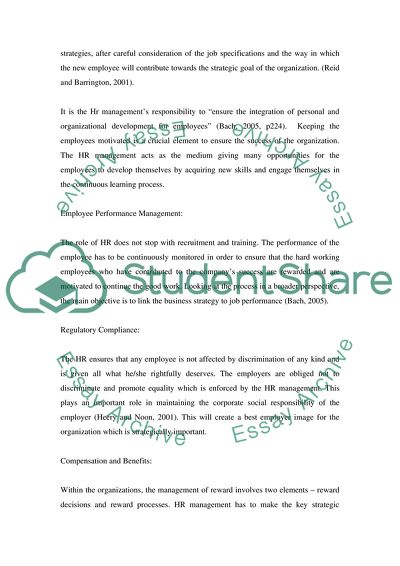HR management's role in strategic planning Assignment. https://studentshare.org/human-resources/1709847-hr-managements-role-in-strategic-planning
HR management'S Role in Strategic Planning Assignment. https://studentshare.org/human-resources/1709847-hr-managements-role-in-strategic-planning.


